Sustainability is essential for all businesses – not least the big corporations in the bakery space.
Responding to the climate crisis, many of these industry giants are putting ESG (environmental, social and governance) strategies in place to shrink their carbon footprints. Among them are the big bread players in the market but aside from those, some of the sector’s large manufacturers have made significant sustainability commitments and goals.
Here’s a round-up of some of their plans:
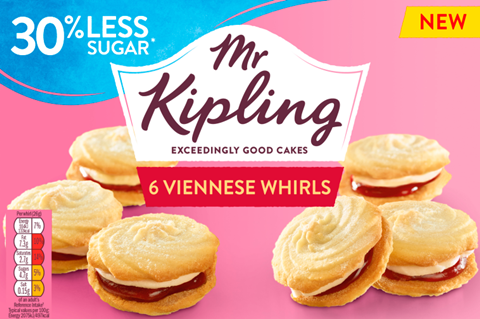
Premier Foods – Enriching Life Plan
The Mr Kipling owner’s ESG strategy, the Enriching Life Plan, sets out the target of achieving net zero within operations by 2040 and implementing 100% recyclable, reusable or compostable packaging by 2025.
“Last year, we joined the Business Ambition for 1.5 degrees and by setting out to have our climate change targets validated by the Science Based Targets initiative, we are joining other businesses in laying out our ambition to achieve near-term and long-term decarbonisation plans,” Nick Brown, Premier’s director of ESG, tells British Baker.
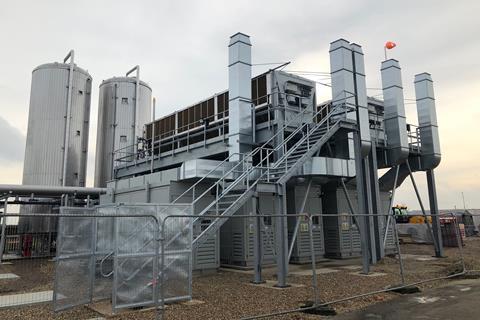
Bakkavör – Trusted Partner
The sandwich, pizza and dessert manufacturer’s sustainability pledges within its ESG strategy include the commitment to become a net zero carbon business across group operations by 2040. The company also supports the UK Plastics Pact’s shared industry goals for 2025 of eliminating unnecessary plastic packaging, with the goal of 100% reusable/recyclable plastic packaging and at least 30% average recycled content in plastic packaging. Bakkavor is also in the process of transforming its entire UK network of refrigeration systems as part of its ESG strategy.
“Sustainability drives our business – it makes us more resilient to risks, more efficient in our production processes, more responsive to customers, supports our licence to operate in our communities and makes us a more attractive employer,” says Caroline Carson, senior group ESG manager.
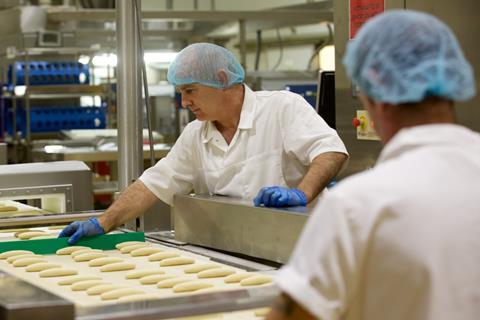
Greggs – the Greggs Pledge
The retail bakery giant’s ESG strategy, the Greggs Pledge, contains a range of environmental commitments for 2025 such as working towards carbon neutrality by using 100% renewable energy across all of its operations, and using 25% less packaging, by weight, than in 2019, with any remaining packaging made from material that is widely recycled.
“As a company with a national presence, supporting hundreds of suppliers, employing thousands of people and serving millions of customers, we recognise our responsibility to help people, protect the planet and to work with partners to change the world for the better,” says Paul Rhodes, head of sustainability and safety, health & environment (SHE).
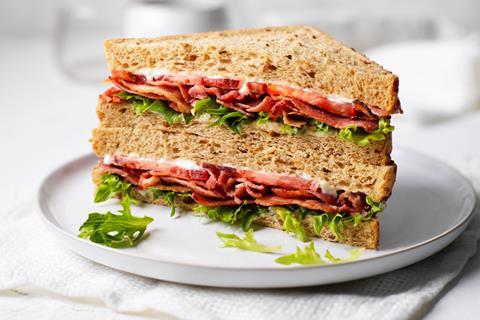
Greencore – Better Future Plan
The food-to-go manufacturer’s pledges within its ESG strategy include the sourcing of priority ingredients from a sustainable and fair supply chain by 2030, as well as net zero emissions by 2040. Last July the company announced the trialling of plastic-free recyclable sandwich skillets with Co-op and Sainsbury’s.
“Food is one of the biggest sectors in terms of a carbon impact perspective, but it has a really big opportunity in terms of how we decarbonise,” Andy Wright, head of sustainability, tells British Baker. “So, every business in food needs to be thinking about how they decarbonise, and the future will be one where companies with a robust climate transition plan are better equipped for that future.”



















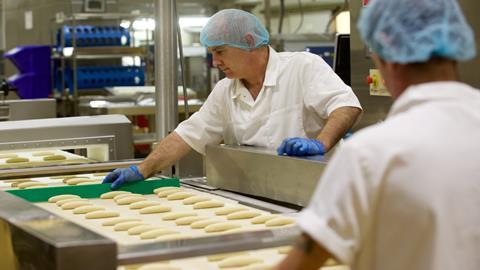
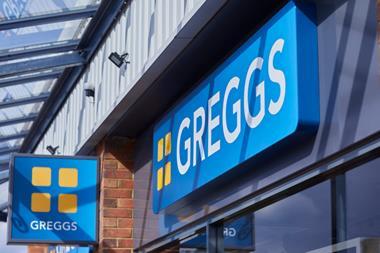


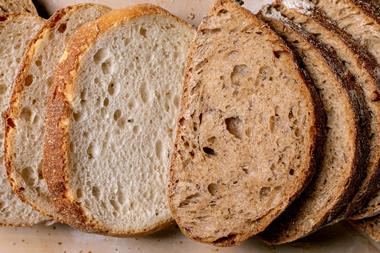
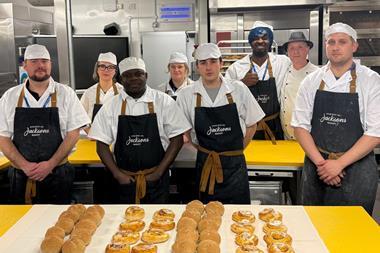



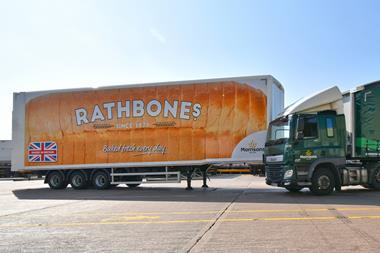

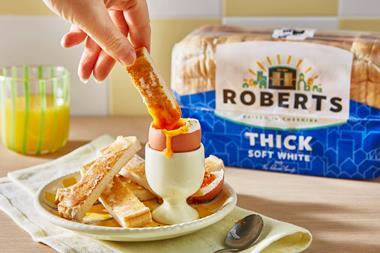
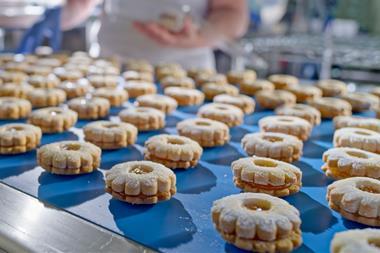

No comments yet